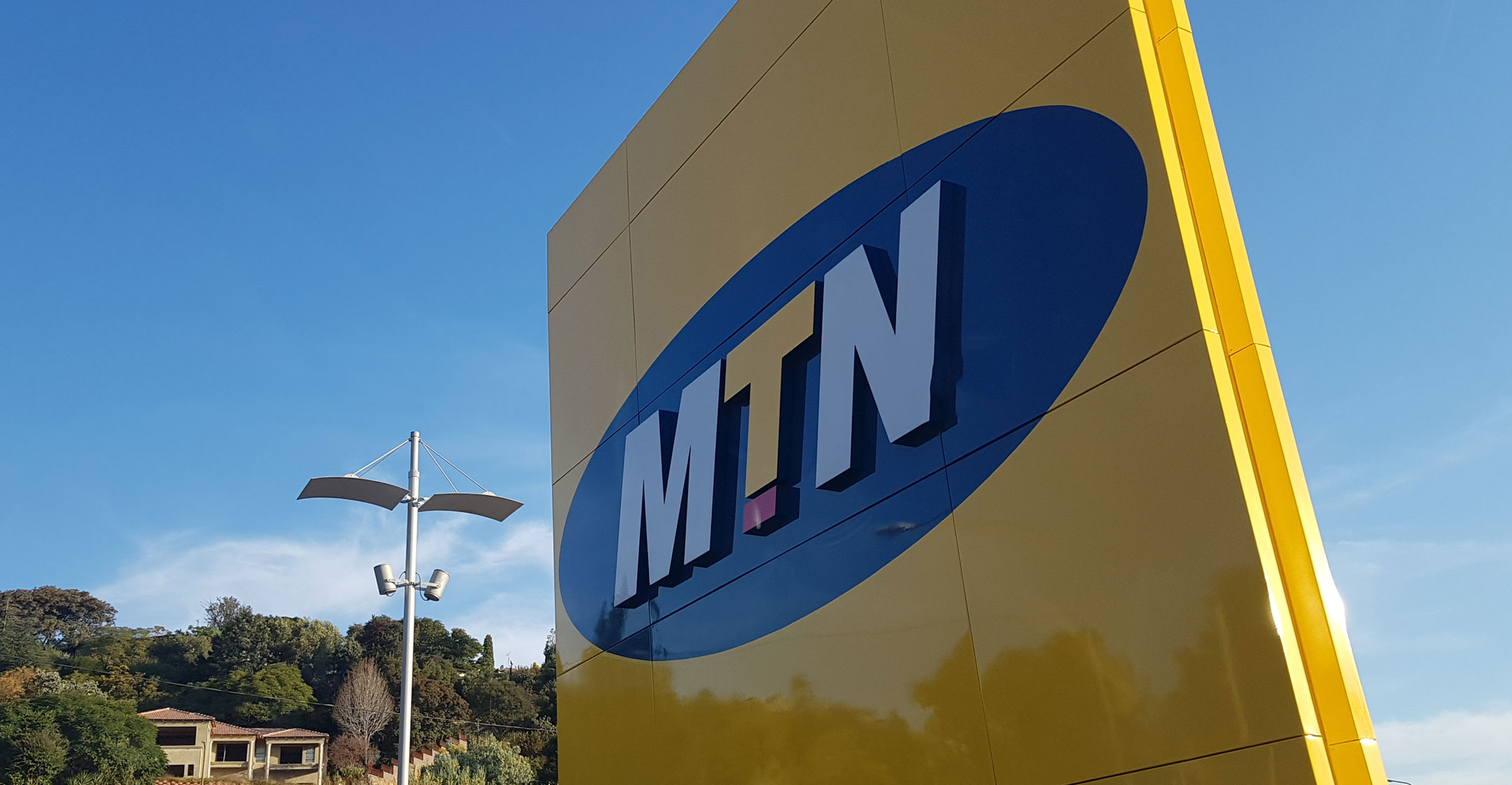 A finding by the Broad-based Black Economic Empowerment (B-BBEE) Commission last week regarding MTN’s empowerment scheme’s contravention of the B-BBEE Act will have wide implications for similar schemes operated by other listed companies.
A finding by the Broad-based Black Economic Empowerment (B-BBEE) Commission last week regarding MTN’s empowerment scheme’s contravention of the B-BBEE Act will have wide implications for similar schemes operated by other listed companies.
The commission, which was set up within the department of trade & industry in 2017 to monitor empowerment compliance, is stepping up its efforts so that BEE share schemes not only have black ownership in their parent companies but also actual voting rights at a board level.
Among those that could be affected are Sasol’s Khanyisa, Barloworld’s Khula Sizwe, MTN’s Zakhele Futhi and MultiChoice’s Phuthuma Nathi. The commission will monitor whether these BEE schemes afford black shareholders, through board representatives, actual voting rights.
Arguably, this is simple to monitor as JSE-listed companies are required under the B-BBEE Act to report annually to the commission on their compliance.
Lindiwe Madonsela, head of compliance at the commission, says the commission wants BEE schemes to be allowed to have a nominated representative on the board of their parent company and actual voting rights.
“One of the requirements is that when we look at ownership, there must be equitable voting rights,” Madonsela said. “The black people holding the shares must be able to exercise those rights even at a group board level, even when they hold shares directly or indirectly through another vehicle.”
This is the antithesis of how JSE-listed companies usually structure their BEE share schemes.
Separate
These schemes are usually structured to have a broad-based shareholding in their parent company and have their own board of directors that operates separately from the parent/group company. BEE share schemes typically don’t have a member of their board of directors on the board of the parent company.
For example, in 2016 MTN launched its R10-billion BEE share scheme Zakhele Futhi, which has a 4% shareholding in MTN Group. The scheme intended to afford qualifying black individuals the opportunity to apply for MTN Group shares at a discounted rate. Zakhele Futhi doesn’t have a board member that sits on the MTN Group board.
The B-BBEE Commission, which launched an investigation into MTN and found that Zakhele Futhi didn’t meet the requirements for black ownership under the B-BBEE Act based on several restrictions and limitations placed on black shareholders, wants to change this.
 “Black people must not only own part of the entity, but they must also have voting rights,” says Madonsela. “We have to monitor whether black people received economic interest that is commensurate to their shareholding.”
“Black people must not only own part of the entity, but they must also have voting rights,” says Madonsela. “We have to monitor whether black people received economic interest that is commensurate to their shareholding.”
In its remedial recommendations, the commission says it wants black shareholders to be able to nominate representation on the board of MTN and to remove the veto rights that MTN has in respect of the trickle dividend and the general dividend that would flow to black participants. It also wants MTN Zakhele Futhi to be able to appoint its own chair of the board and board members, who need not be MTN appointees or nominees.
MTN Group said it has already addressed concerns raised by the commission.
The commission’s recommendations are binding. If ignored, it can seek a court order to interdict a new BEE scheme from operating, issue an administrative penalty of 10% of a company’s annual turnover and seek imprisonment of a company’s directors for a maximum of 10 years.
After all, an entity that purports to be a BEE scheme but is at odds with the B-BBEE Act can be rendered as fronting, which is illegal.
The B-BBEE Commission’s role is to monitor empowerment transactions that are currently running with a value of more than R25-million — even those that operated before the commission was launched in 2017.
Madonsela says the commission is also looking at measures to protect black shareholders, especially when they subscribe for shares through debt. These measures would include imposing various conditions on how the debt would be repaid.
Some BEE share schemes that have been launched by JSE-listed companies in recent years have failed to deliver attractive returns to black shareholders because their participation was financed by large debt. Also, the success of BEE share schemes depended on a rise in share prices and volatile commodities.
Didn’t deliver
Welkom Yizani, the BEE scheme of technology company Naspers that invested in its media business Media24, didn’t deliver on its promises.
Investors in Inzalo, the BEE scheme of oil and chemicals group Sasol, almost walked away with nothing until its share price recovered just months before the scheme expired in 2018.
The 2008 BEE scheme of JSE-listed industrial group Barloworld also didn’t live up to expectations.
- This article was originally published on Moneyweb and is used here with permission

